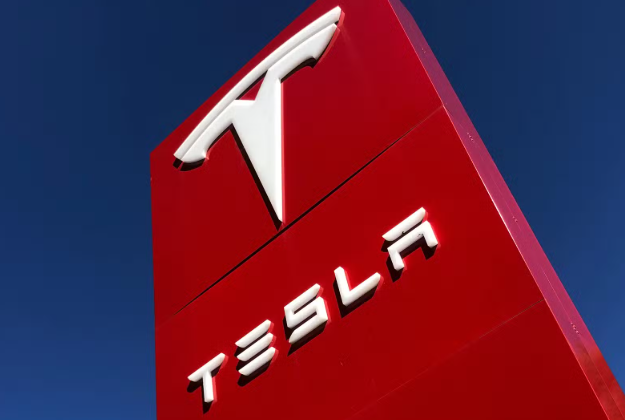Tesla fell short of analyst expectations on both revenue and earnings for the first quarter, reporting on April 22 that total revenue declined nine percent year-over-year to $19.4 billion. The drop was largely driven by a 20 percent plunge in automotive revenue, which fell to $14 billion from $17.4 billion a year ago.
The company cited production line upgrades at its four vehicle factories—aimed at preparing for a refreshed version of the popular Model Y SUV—as one of the key reasons for the shortfall. Tesla also pointed to lower average selling prices and increased use of sales incentives as factors weighing on both revenue and profit.
Net income fell sharply, down 71 percent year-over-year to $409 million, or 12 cents per share, compared to $1.39 billion, or 41 cents per share, in the same period last year.
The disappointing results come amid a turbulent start to the year for the automaker. CEO Elon Musk has spent significant time in President Donald Trump’s White House, helping to lead an initiative aimed at dramatically shrinking the size of the federal government. Trump’s aggressive new tariff policies have raised alarms about rising costs for components essential to EV production, including battery cells, printed circuit boards and automotive glass.
Tesla declined to offer a full-year growth outlook, stating it would “revisit our 2025 guidance in our Q2 update.”
In its shareholder presentation, Tesla warned investors that “uncertainty in the automotive and energy markets continues to increase as rapidly evolving trade policy adversely impacts the global supply chain and cost structure of Tesla and our peers.” The company said this volatility, coupled with “changing political sentiment,” could dampen near-term demand for its products.
Meanwhile, Tesla has faced growing backlash in both the U.S. and Europe, where protests have erupted over Musk’s vocal support of Germany’s far-right Alternative for Germany party. Earlier in April, the company reported a 13 percent drop in vehicle deliveries for the first quarter, down to 336,681 units.
Tesla continues to face pressure from low-cost EV competitors in China and remains behind in the U.S. robotaxi race, which is currently led by Alphabet’s Waymo. The company has pledged to launch its first autonomous ride-hailing service in Austin, Texas, this June.
On April 22, Tesla reassured investors it remains on schedule for a “pilot launch” of the robotaxi program in Austin by mid-year and said it plans to begin pilot production of its humanoid robots at its Fremont, CA, facility before the end of 2025.




